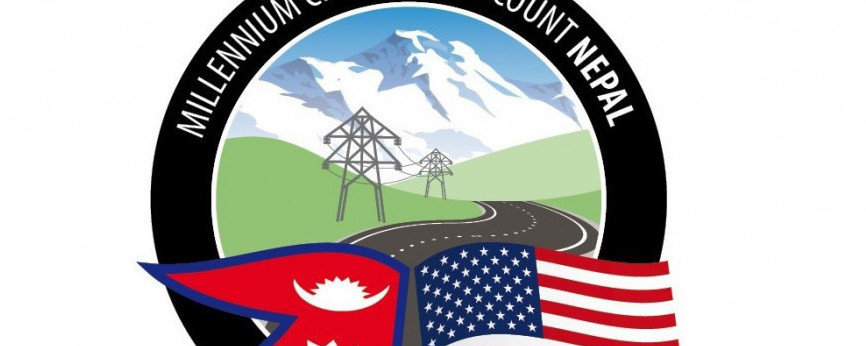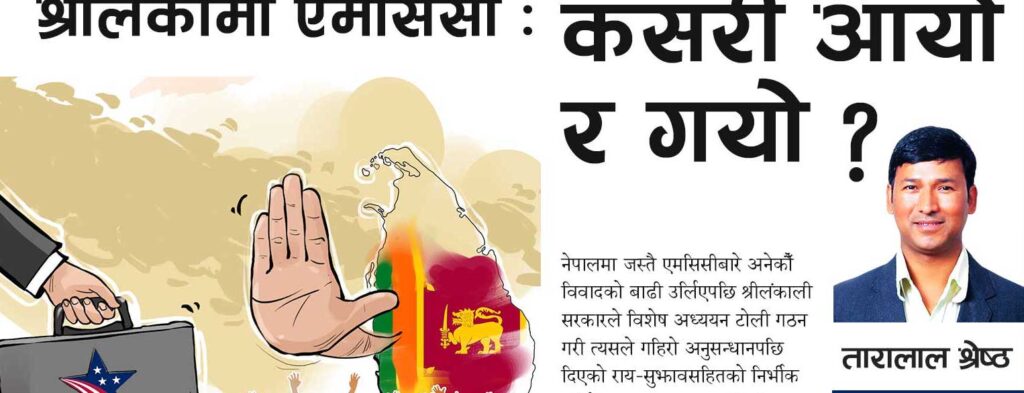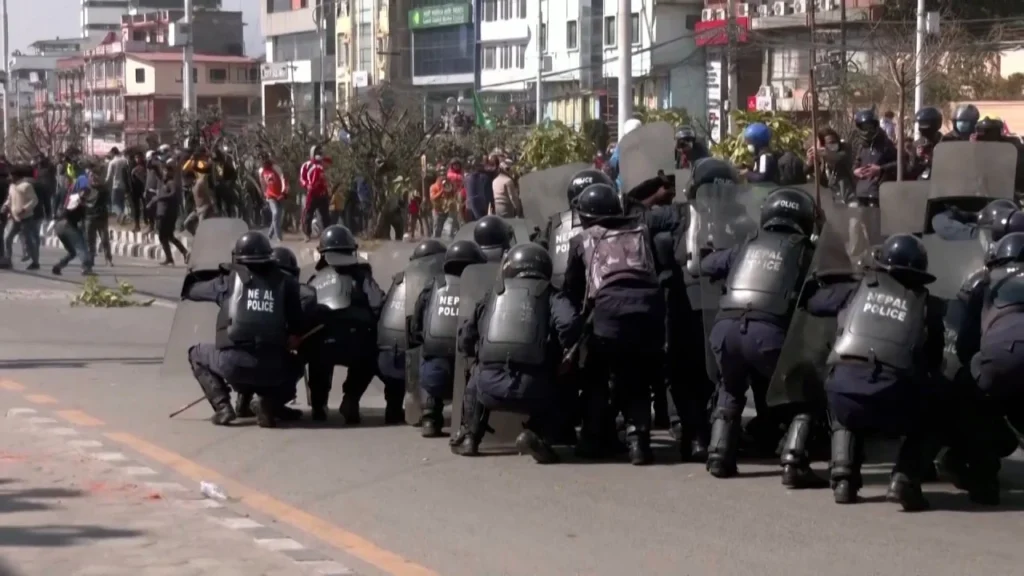Feb 23, 2022 by B Nimri Aziz

The formidable peaks stretching across the north of Nepal (or Tibet in the south of China depending on your perspective) have up to now provided sufficient deterrence to military confrontation. With new technology that can easily surpass geographic barriers and with the growing threat of China beyond India to include the USA, the Himalayas hold new strategic interest for Washington. This raises concerns about the proposed American Millennium Challenge Corporation (MCC) project for northwest Nepal: is it really about economic development? The question is dividing Nepali parties, commentators and citizens like nothing else has in recent years.
Anticipating a controversial vote in Nepal’s parliament, party leaders are scurrying to solidify a coalition to approve the American plan. It’s fiercely debated in the press and by an aggressive display of opposition in the street.
On the surface MCC looks like a blockbuster gift to a land traditionally perceived as desperate for aid and with primitive infrastructure. The MCC project is an American scheme offering $500 million in aid to construct roads and expand the nation’s electricity grid. A substantial project, it’s a nice supplement to what Washington generously dishes out to a land whose actual governance it shows little interest in. On its side, Nepal rarely rejects aid from any source. Whether for a massive dam or for local endeavors like women’s craft and children’s literature, competing governments and iNGOs (including China) fall over themselves with proposals, however pitiful their outcomes.
The stated aim of this MCC project in Nepal seems simple and worthy: “Reducing Poverty Through Growth: …(that) aid is most effective when it reinforces good governance, economic freedom and investing in their citizens.”). Who could argue with that?
But unlike anything prior Nepalis are scrutinizing the terms of this arrangement. First, it requires parliamentary sanction: why, critics ask, does MCC call for this when no other aid package has? What hidden issues may be irrevocably cemented by a vote of our parliament? Second, the project seems to be directed to Nepal’s northwest, towards its border with China. Aware of the increasing hostility between the U.S. and China, opponents fear Nepal might somehow provide the U.S. an access point to China’s southwest Tibetan frontier. “Critics have used ultra-nationalism and populism to portray the MCC as a form of US neo-colonialism and imperialism. The Americans fueled the fire themselves when a U.S. undersecretary of state admitted in 2019 that the MCC was a part of the US Indo-Pacific Strategy aimed at encircling China. …” wrote editors of The Nepali Times, itself a major supporter of the deal.

Noting the fiasco and chaos created in Afghanistan by U.S. military occupation there, for the first time Nepalis are imagining their country becoming a conflict zone. No one wants that.
Then there’s India: India has a strategic position– politically as a U.S. ally and geographically, with its northern frontier adjacent to that coveted corner of Nepal and abutting China. While India’s MCC role is not openly discussed, there’s concern over a rumored clause in the MCC-Nepal agreement requiring it to bring India into later consultations on the project.
Questions are also asked about Washington’s insistence on Nepal’s acquiescence. There are rumors that payments have already been made to win over political leaders. It’s also suggested that the Americans are threatening severe consequences if Nepal fails to endorse the pact. (So serious is this charge that Washington’s ambassador in Nepal issued a denial.)
The political destabilization created by the issue in a country whose democracy is barely fourteen years old does not seem to concern Washington.
When MCC-Nepal was introduced more than five years ago, then-Prime Minister K.P. Oli signaled his approval. There followed objections from Nepal’s parliamentary speaker (subsequently forced out) and other party leaders. Debate has persisted through these years, intensifying in recent months when MCC leaders visited officials in Kathmandu. A new deadline of Feb 28th was set. The current prime minister, S.B. Deuba, is ready to ratify, while Oli, now out of power, has tentatively joined other party leaders withholding support. The question is not a simple difference between major parties, but a jockeying by leaders of small parties to assert influence by aligning with major figures to swing the parliamentary decision on MCC. With the vote imminent, tension is swelling; more and more protestors are pouring into the streets.

(Important local elections are due in Nepal within two months when all parties will seek to reinforce their membership. Since locally elected officials can bring their weight to bear on parliamentarians, this upcoming election is another factor bearing on party ratification of the MCC deal.)
